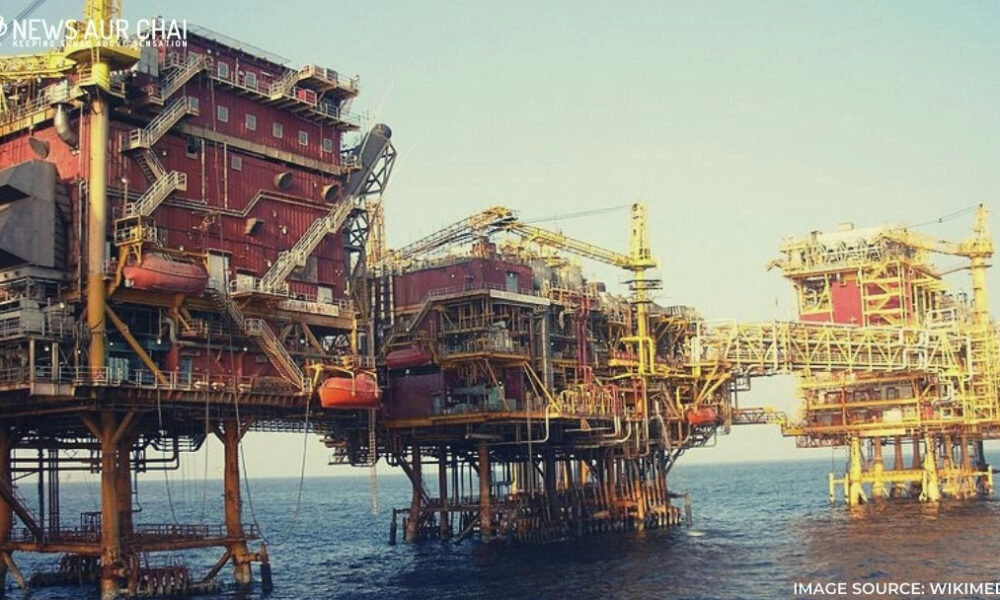Global economic activity has come to a halt as COVID-19 lockdowns and social distancing are imposed across many affected countries. Expectations of a shallow recovery in 2020 from a decade low in global growth have been discouraged. According to Kotak Institutional Equities Research, the Indian economy will likely benefit from a lower current account deficit, reduced inflation, and higher Gross Domestic Product (GDP) following a slump in international crude oil prices.
OPEC+ Alliance
On April 5, Oil ministers across the Organization of the Petroleum Exporting Countries (OPEC+) collectively agreed to cut output by an initial 9.7 million barrels per day (MB/d) versus their accepted baseline, effective May 1. In light of the recent event, the International Energy Agency (IEA) encouraged major consumers and producers to work together through the G20 to mitigate the impact on market stability.
On Friday, energy ministers from the G20 and various other countries discussed ways to stabilize the oil market and discussed output cuts that would occur immediately or over time.
These measures won’t immediately rebalance the market, but reducing the supply can help a complex system absorb the worst of this crisis.
As per the IEA-OIL MARKET REPORT, the OPEC+ and G20 initiatives will impact the oil market in three ways, and here they are:
- The OPEC+ production cut in May to reach the baseline will be 10.7 MB/d and not 9.7 MB/d, as April production was high. This will provide some immediate relief from the supply surplus in the coming weeks, lowering the peak of the build-up of stocks.
- Four countries (China, India, Korea, and the United States) have either offered their strategic storage capacity for industry to temporarily park unwanted barrels or consider increasing their strategic stocks to take advantage of lower prices. This will create extra headroom for the dangerous stock build-up, helping the market get past the hump.
- As per IEA estimates, other producers, like the United States and Canada, likely to be the largest contributors, could see output fall by around 3.5 MB/d in the coming months due to the impact of lower oil prices.
What does it mean for India?
The nationwide lockdown resulted in a drop in petrol sales. Companies like Indian Oil predict a drop in demand even further as Aviation turbine fuel sales have dived because of the grounding of all commercial and international flights.
Storage is the most important aspect of oil marketing, but it is often ignored. As mentioned earlier, India is one of the four countries that have offered strategic storage capacity; the current fall in global crude oil price is an opportunity for India’s ambitious Indian Strategic Petroleum Reserves (ISPR) program.
India is the third-largest buyer of crude oil and a net importer. It may leverage the prices to fill in its strategic crude oil reserves. ISPR plans to receive the cargo by the third week of May before the monsoon hits by moving about 19 million barrels into the sites.
Why the stocking up of oil, some may ask, well here the reason; to help the country’s refineries reduce their surplus crude as the lockdown prevails, has dented transportation and industrial fuel consumption in Asia’s third-largest economy.
The country will also be diverting cargoes that refiners have already bought. The refiners have cut their crude oil processing after local fuel demand collapsed and are running short of storage capacity of oil to themselves.
Oil price slump – Silver lining for India
India currently has a storage capacity of 5.3 million tonnes at Visakhapatnam, Mangaluru, and Padur, which are operational and can support 9.5 days of net imports of crude oil.
Cheap crude oil in times of the pandemic may prove to be a blessing in disguise, considering India’s import dependency for crude oil that has consistently surged over the past five years to 86 per cent in 2019-20. It is a leverage for our country by filling up unused oil storages and building up inventory.
This is also an apt time to examine further investments in storage capabilities, including the tanker industry. Lower crude prices are a blessing to Indian State-owned refiners, such as the Hindustan Petroleum Corporation Limited (HPCL) and the Bharat Petroleum Corporation Limited (BPCL), as lower procurement costs boost their refining margins. Also, the cost that refineries incur due to the fuel consumed to run their operations and the cost of fuel lost in the system while processing crude oil into petroleum products is set to go down.
The consumption of crude oil has enhanced the country’s influence on the global energy trade. It can further enable the government to engage in oil diplomacy or get favourable deals for supplies of crude oil. It will be a long time before we can put the COVID19 crisis behind us; however, we are shown solidarity by policymakers from consuming and producing markets working together to bring stability to the oil market.
